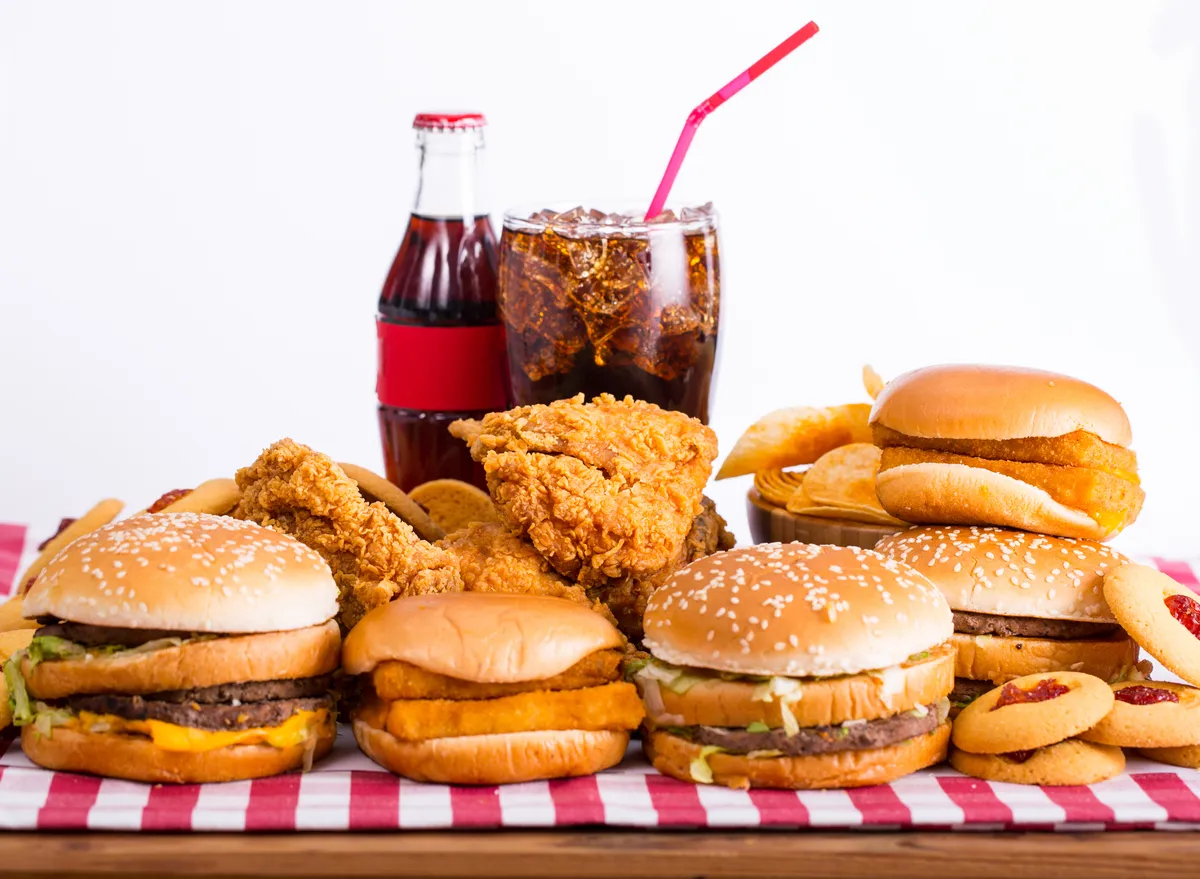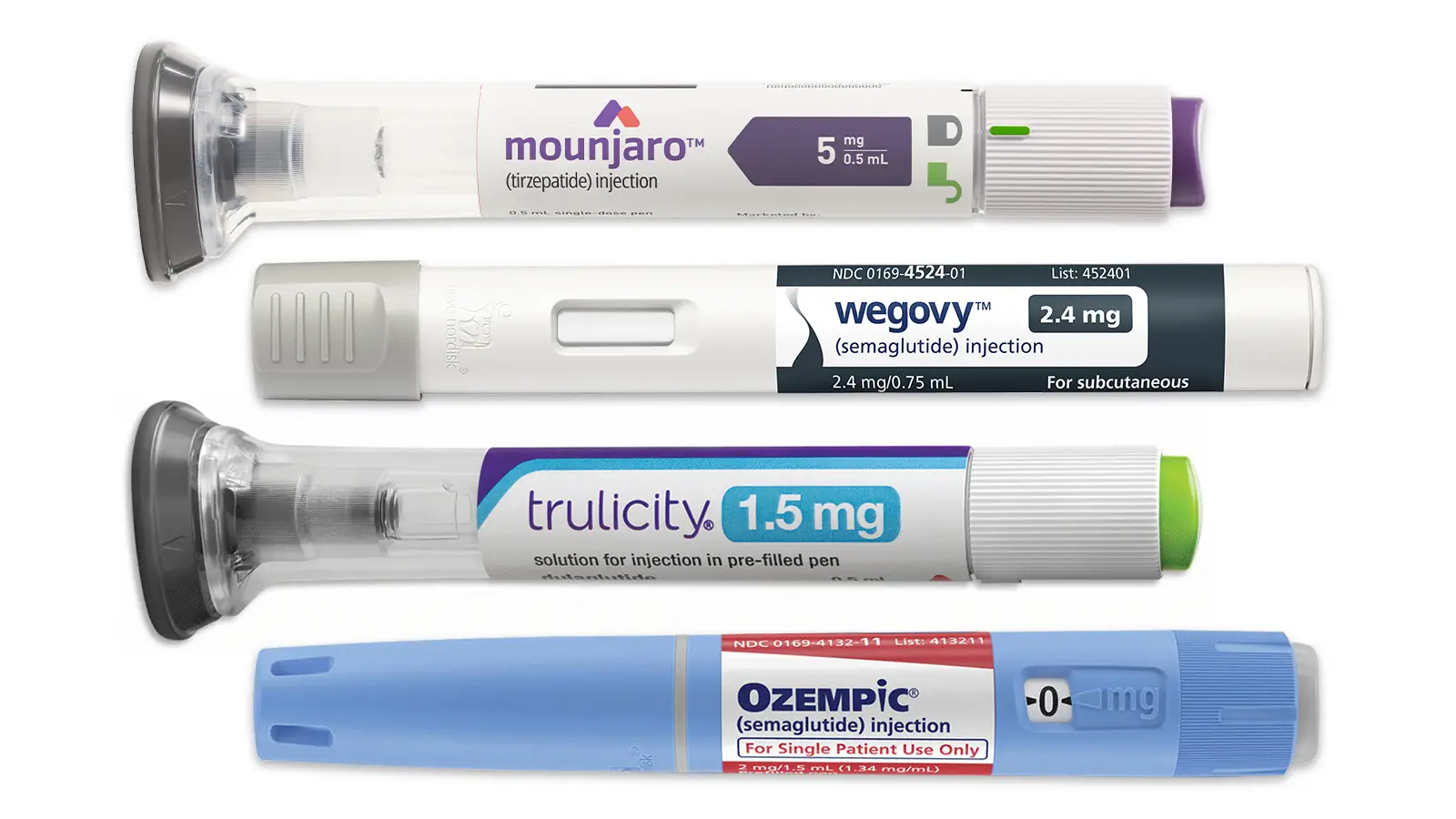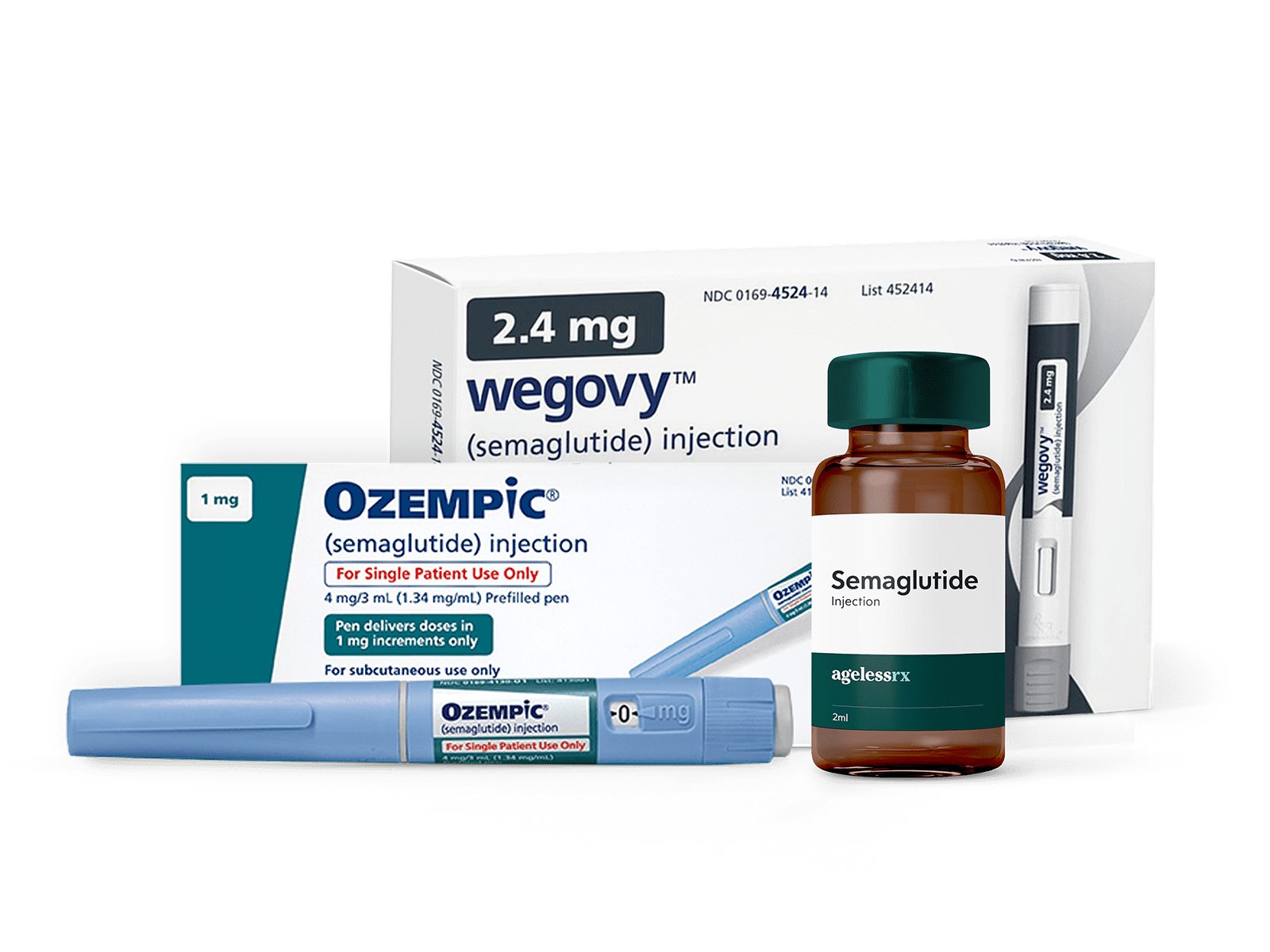The snack food industry is bracing for a seismic shift as the popularity of GLP-1 medications, such as Ozempic and Wegovy, continues to soar. These weight-loss drugs, which work by suppressing appetite and promoting feelings of fullness, are poised to disrupt the way consumers approach snacking and indulgent foods.
As more people turn to GLP-1 agonists to manage their weight and metabolic health, their appetite and cravings for high-calorie, indulgent snacks are likely to diminish significantly. This shift in consumer behavior has the potential to upend the traditional snack food market, forcing major players in the industry to adapt and innovate.
Snack food giants like PepsiCo, Mondelez, and Kellogg’s are already taking note of this emerging trend and exploring strategies to stay relevant in the face of changing consumer preferences. Some potential approaches include developing healthier, lower-calorie snack options, emphasizing portion control, and exploring alternative markets or product lines.
Moreover, the rise of GLP-1 drugs may also fuel a broader cultural shift towards more mindful eating and a greater emphasis on satiety and nutrition over indulgence. This could lead to a reevaluation of traditional snacking habits and a growing demand for more sustainable and health-conscious food options.
While the impact of GLP-1 medications on the snack food industry is still unfolding, one thing is clear: the days of mindless snacking and overconsumption of indulgent treats may be numbered. Snack food companies that fail to adapt to this new reality risk losing market share and relevance in the evolving landscape of weight management and wellness.





